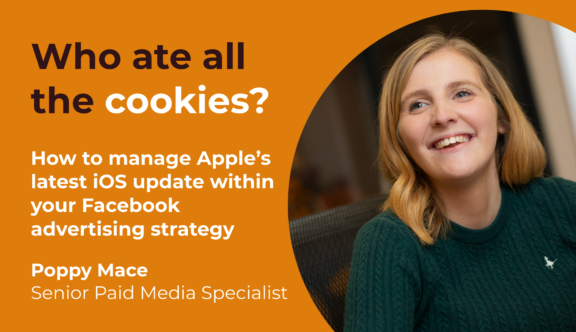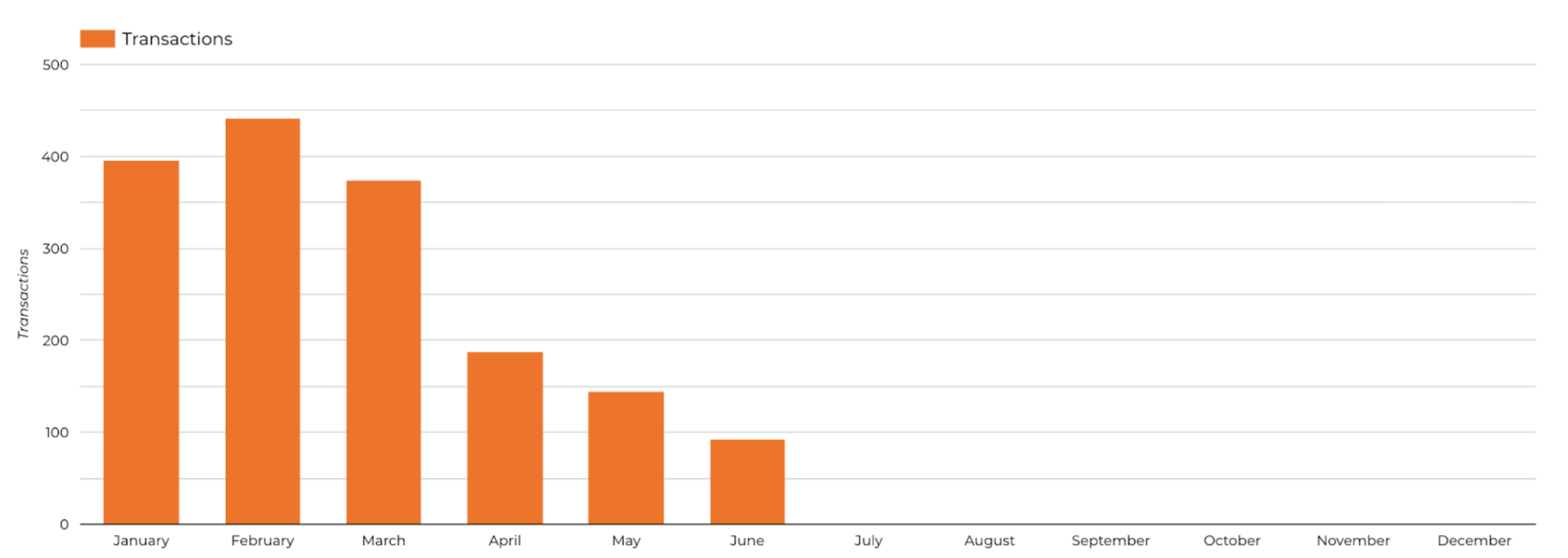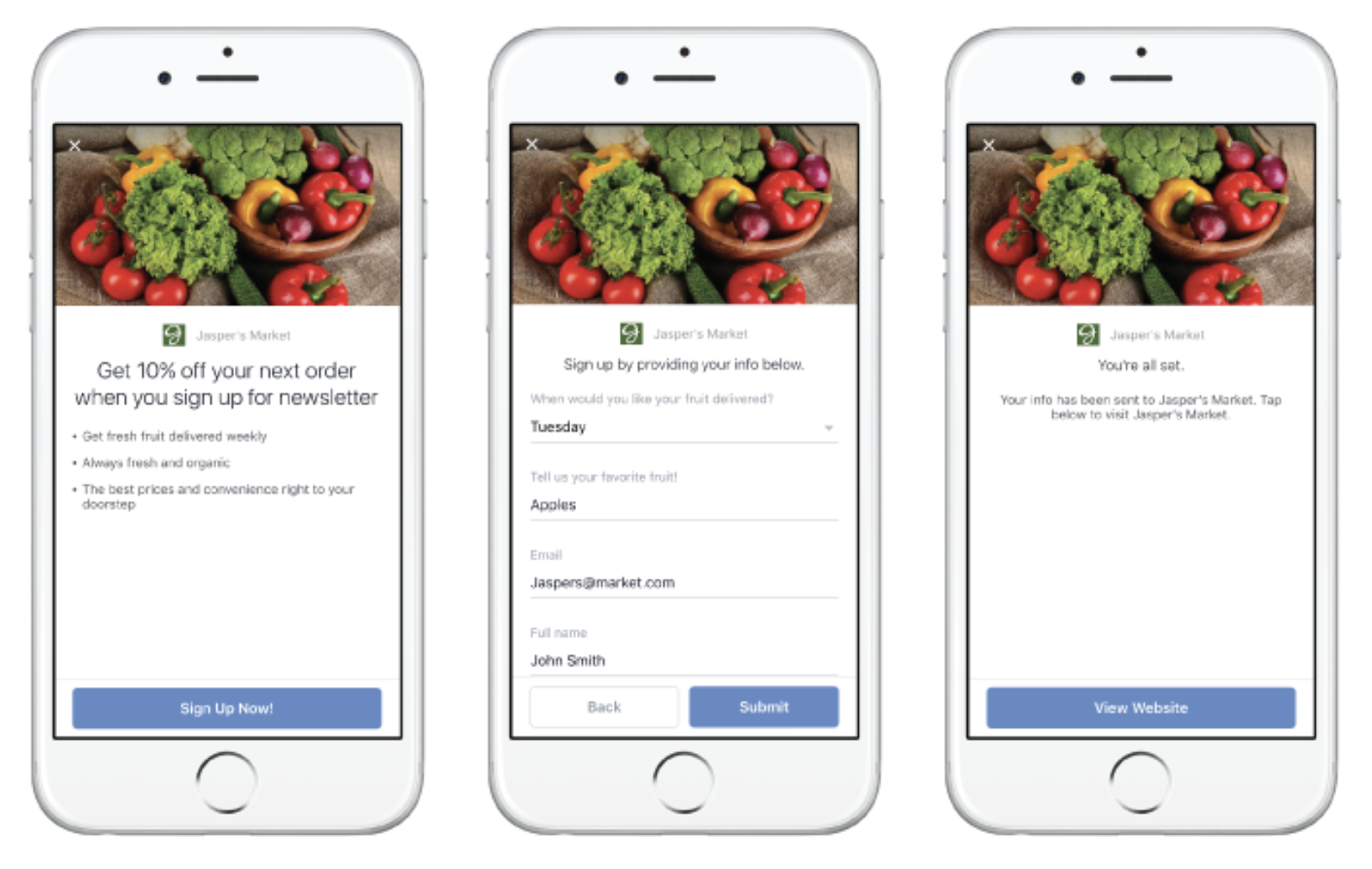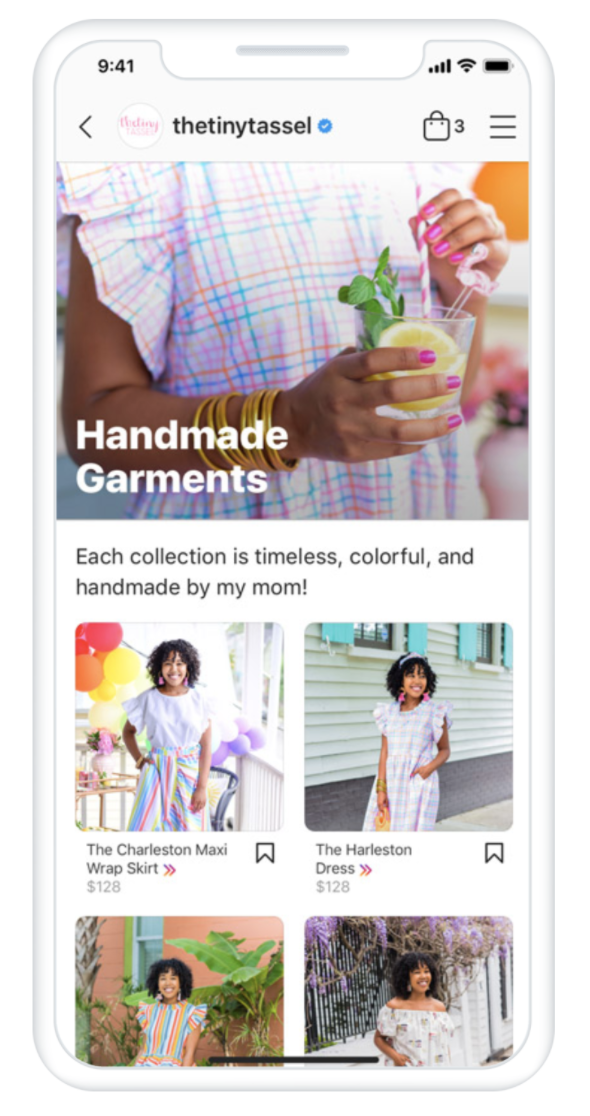How to manage Apple’s latest iOS update within your Facebook advertising strategy
Over the last few weeks, there has been a lot of discussion within the marketing community about Apple’s iOS 14 update. Within the latest update, Apple is giving users greater control on their privacy settings and how data is shared with third-party applications. In their words:
“App Tracking Transparency lets you control which apps are allowed to track your activity across other companies’ apps and websites for ads or sharing with data brokers.”
Whilst this is great for user control, it is unwelcome news for advertisers!
Why is Apple’s iOS 14 update bad news for advertisers?
Opting out of tracking is massively hindering how advertisers serve, optimise and measure performance. The most prominent channel of where this is occurring is Facebook. Adding a greater level of privacy is blocking Facebook Pixel’s ability to identify when and where conversions are occurring and identifying users that fit into custom audiences, crucial for campaigns that rely on remarketing.
What am I likely to experience within my Facebook Ads Account as a result of the iOS 14 changes?
A Perceived Reduction In Conversion Numbers
Since the release of iOS 14 in April 2021, you may find that the number of conversions recorded within your Ad Manager account has declined.
An example of a Facebook Ad account that has experienced a decline in recorded conversions since the rollout of the iOS changes in April 2021.
The above represents the conversion performance of a Facebook Ad account since the start of the year. As you can see, there has been a significant decrease in the number of perceived conversions recorded in April vs. the previous three months. Whilst the structure of the account has remained unchanged and overall transaction numbers across all channels have remained consistent, the above is a clear representation of how Facebook’s reporting abilities have been diminished by users having the ability to opt-out of third party tracking.
Smaller Audience Sizes
If you’re managing an ad account that is reliant on custom audiences (e.g. remarketing to people that have previously visited your website) you will experience a reduction in audience size, as Facebook struggles to identify every user that either visits your site or completes a specific action.
A reduction in audience size will:
- Increase ad frequency rates if campaign budgets remain un-changed
- Reduce campaign effectiveness
- Reduce the ability to build good quality lookalike audiences
Reduced Conversion Windows
If you are reliant on your Facebook account for reporting, then you will experience an inability to assess different conversion windows. From now on, you will only be able to track conversions that have occurred within a 7 day window of someone clicking your ad.
What can I do within my Facebook Ad Account to overcome the iOS 14 changes?
Whilst there is no simple quick fix that will resolve this issue, there are a number of things that you can do to help mitigate the impact felt across your Facebook ad account.
Verify Your Domain & Prioritise Events
As a first port of call, Facebook is recommending that all advertisers using a Facebook Pixel should verify their domain and prioritise the events. Doing this will help to increase Facebook’s ability to track web events from iOS users, but won’t solve the problem completely.
Conversion API
Unlike the Facebook Pixel, Facebook’s Conversion API allows web events to be sent directly from a website’s server. As the Conversion API isn’t reliant on cookies, customer data can still be sent to Facebook providing that the necessary consent is stipulated within your privacy policy.
First Party Data
If segmenting your email list hadn’t been at the top of your priority list, it will now! Any opportunity where you can upload email lists or data from a CRM system, will prove extremely valuable in how you re-target users going forwards.
Lead Gen Campaigns
If you’re a business that is reliant on lead generation, have you tried Facebook’s Lead Generation campaign objective? With this, you can serve ads that let users make an enquiry on Facebook without the need to click through to your website. Not only may you find that this actually leads to a higher volume of leads, you will be able to track every single lead that your ad generates as well as provide the ability to create additional custom audiences (e.g. those that have opened the lead gen form).
An example of what a Facebook Lead Gen ad looks like.
Facebook Shops
If you’re an online retailer, you should definitely look at opening a Facebook Shop! This feature was released as a result of the pandemic, giving retailers without an e-commerce website, to sell their products online whilst bricks and mortar stores were closed. Facebook Shops are free to set up, no matter the size of your business or product inventory. You can also specify where users complete their purchase which can either be on your main website or Facebook itself.
An example of what a Facebook Shop looks like.
Rethink your marketing strategy
We can’t get away from the fact that third-party cookie tracking will slowly become a thing of the past. If you want to ensure that your business is ahead of the curve, then now is the best time to consider if change is needed within your overall marketing strategy.
We’re Here To Help
If you have any questions or concerns about your Facebook activity, then we’d love to help. Get in touch with our Paid Media team today to start building a more effective marketing strategy for your business.



